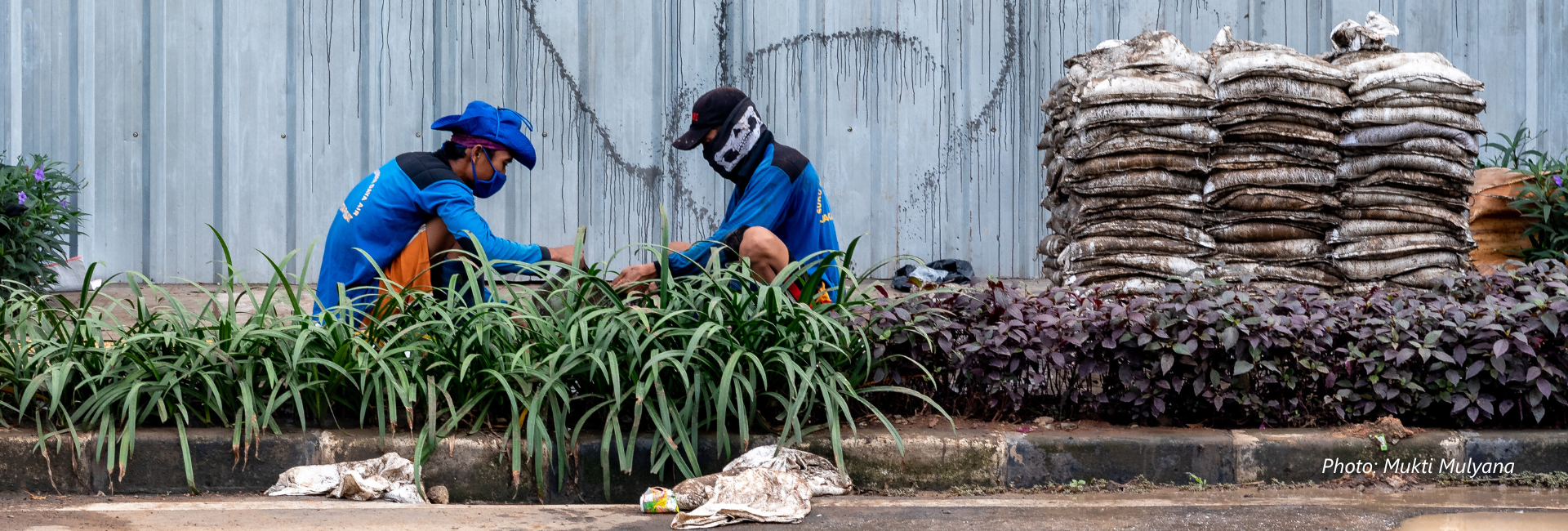This paper investigates whether minimum wage policy played any significant role in poverty reduction in Java Island, Indonesia, between 2002 and 2014. Its identification strategy exploits variation in minimum wages over time within pairs of geographically proximate districts. The study finds that the minimum wage has a distributional impact on wage workers just below the 20th percentile up to those in the middle of the wage distribution, with no overall loss of employment. However, the minimum wage policy has no distributional impact on per capita household expenditure, and a limited effect on changes in poverty status.
Research Area
National
Research Topic
Keywords
minimum wage
poverty
Indonesia
Publication Type
Journal Article



